Symposium on Roles and Goals of Integration of Knowledge in Muslim Minority Contexts
In today's globalized world, educational systems must address the needs of diverse communities, including religious and ethnic minorities. Muslim minorities, in particular, encounter unique challenges in integrating their cultural and religious identities within mainstream education systems. These challenges involve not only preserving faith and tradition but also accessing high-quality, relevant education that prepares individuals for active participation in both their local communities and the global society.
The integration of knowledge in Muslim minority contexts is crucial; it involves nurturing holistic leadership, intellectual empowerment, and, most importantly, a strong Islamic identity. In Muslim minority settings, survival often relies on economic tools, political instruments, or scientific achievements. However, without preserving a distinct identity, communities risk assimilation into the majority culture, leading to the erosion of their rights and values. Integrating knowledge is a vital means of reinforcing Islamic identity without disrupting the harmony of coexistence with the majority. Muslim minorities must strive to live peacefully while maintaining their identity, establishing educational institutions, and nurturing Islamic consciousness. This consciousness strengthens the community spiritually, intellectually, and scientifically, enabling it to contribute meaningfully to society and present a positive image of Islam to the majority.
Darul Huda Islamic University (DHIU), Kerala, India, established in 1986, has maintained a collaborative relationship with the International Islamic University Malaysia (IIUM) for over two decades, marked by several impactful joint activities. To celebrate its 40th anniversary (Ruby Jubilee), DHIU is organizing a joint symposium in collaboration with the Department of Fiqh and Usul al-Fiqh, IIUM, on the theme, “Roles and Goals of Integration of Knowledge in Muslim Minority Contexts”-2024 (SRGIK-2025). This symposium aims to provide a platform for both institutions to explore and initiate new avenues for academic and scholarly collaboration. The symposium is scheduled to take place on Friday, January 3, 2025, from 9:30 AM to 11:30 AM at the Al-Shafi’i Meeting Room, IRK Building at International Islamic University Malaysia.
This symposium will delve into the concept of integrating and contextualizing knowledge and education for Muslim minority communities. It will highlight the pivotal role of institutions such as Darul Huda Islamic University (DHIU) in Kerala, India, as exemplary models for this process. DHIU has demonstrated how higher education institutions can effectively bridge the gap between traditional Islamic teachings and modern academic disciplines. By harmonizing religious and secular knowledge, DHIU equips an environment where Muslim students can uphold their cultural and spiritual values while acquiring the academic competencies essential for thriving in the contemporary world.
The symposium intends to cover the following key themes:
- Explore the Concept of Integration of Knowledge
To examine the theoretical framework and practical applications of integration of knowledge, particularly in the context of Muslim minority communities. - Address Educational Challenges
To identify the challenges faced by Muslim minorities in maintaining cultural and religious identity within mainstream education systems while ensuring access to high-quality, relevant education. - Advance Collaborative Initiatives
To establish and strengthen academic and scholarly partnerships between institutions to further the development of integrated education systems. - Highlight Successful Models
To showcase successful examples of integrated education, and to draw lessons for similar initiatives in other Muslim minority settings.
The speakers are:
- Assoc. Prof. Dr. Mohd. Fuad Sawari (Head, Department of Fiqh and Usul al-Fiqh) -
- Prof. Dr. Bahauddeen Muhammed Nadwi (VC, Darul Huda Islamic University) -
- Prof. Dr. El Tahir El-Mesawi (Department of Fiqh and Usul al-Fiqh, AHAS KIRKHS) - Dynamics and Integration of Knowledge
- Prof. Dr. Muhammad Mumtaz Ali (Department of Usul al-Din and Comparative Religion, AHAS KIRKHS) - Educational Philosophy: Contemporary Challenges for Muslims
- Assoc. Prof. Dr. Radwan Jamal Elatrash (Department of Qur’an and Sunnah Studies, AHAS KIRKHS) - Integrating Faith and Reason: Insights from Moses and Al-Khidr story
- Dr. Jafar Paramboor (Kulliyyah of Education) - Darul Huda Islamic University as an Educational Movement in India
Debates, discussions, and critical thinking are among the most effective ways to engage with the evolving needs and demands of society. The goal is not merely to address these issues in isolation but to adopt a holistic approach that ensures inclusivity, where everyone can express their voices and enjoy their freedom. Guided by the principle of Rahmatan lil Alamin (mercy to all worlds), the focus remains on seeking justice and upholding human dignity through educational empowerment, which forms the core of this dialogue.
Disclaimer
The views expressed in this article are the author’s own and do not necessarily mirror Islamonweb’s editorial stance.

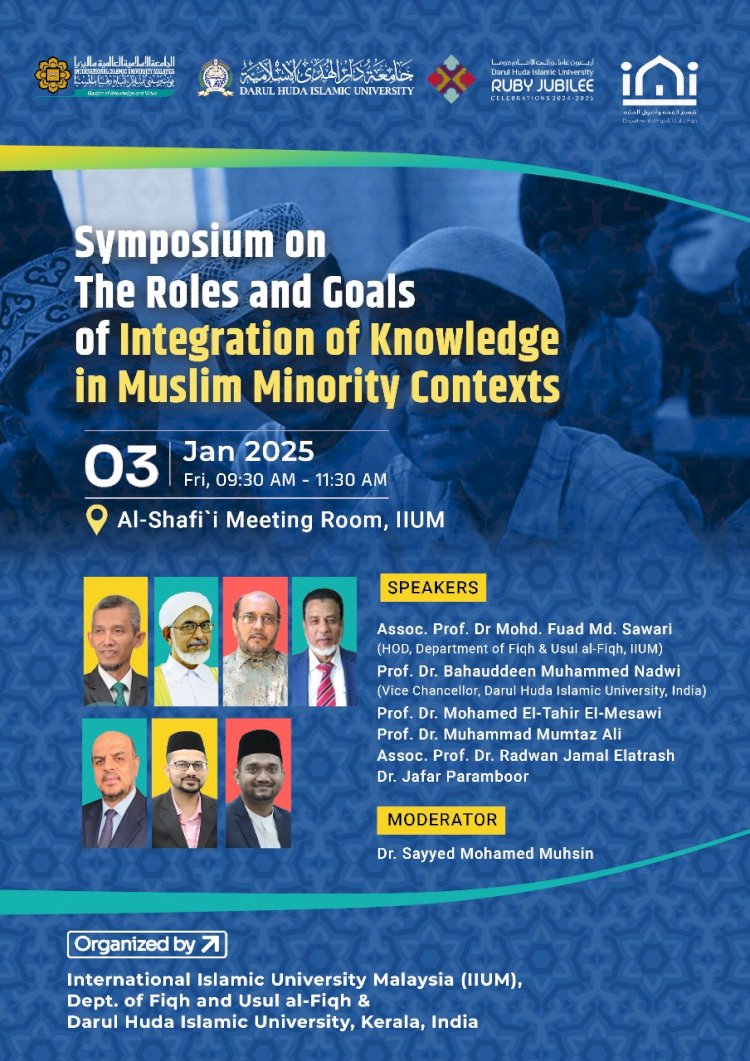


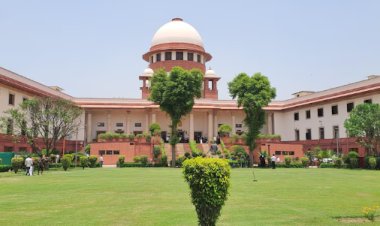
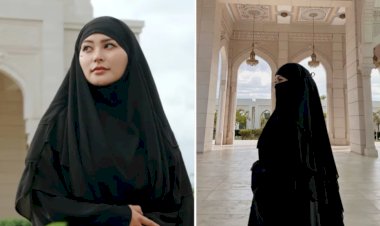
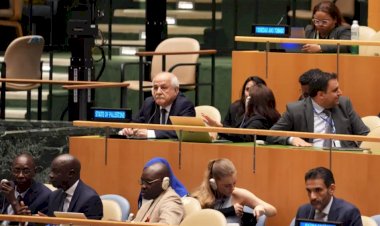

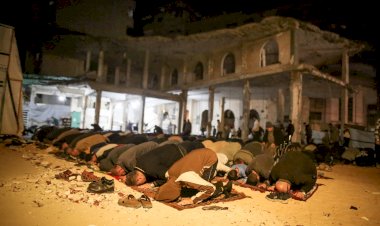
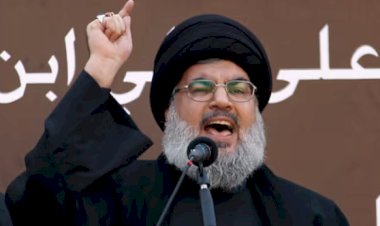














Leave A Comment